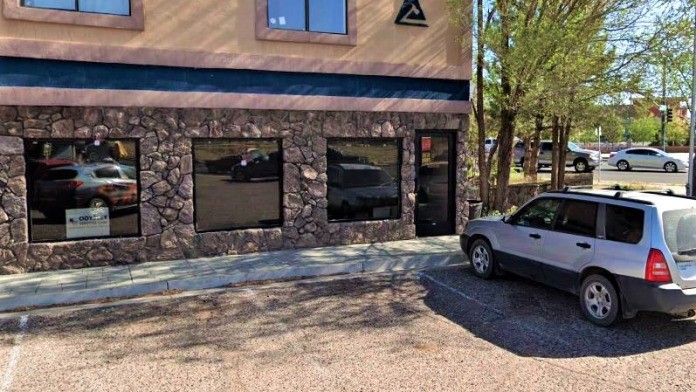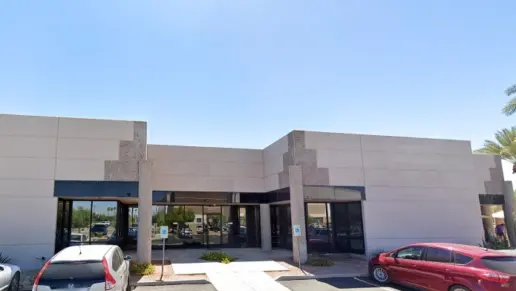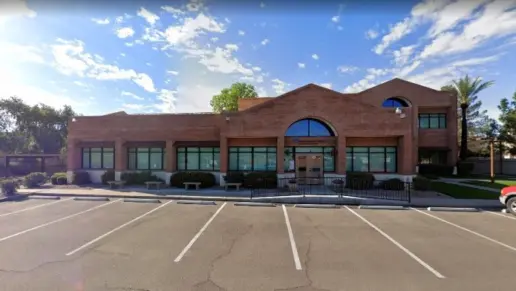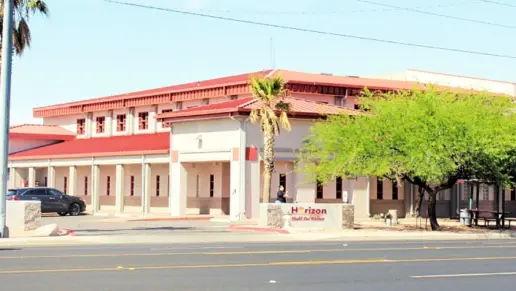Tried to call for info because a lot of friends had had good experiences there. Tried calling a few times and they either didn't answer or didn't give me the info I needed.
About Foundation House
Portland, Maine, is a picturesque New England city steeped in culture and history. Surrounded by lush woodlands and tranquil beaches, but with easy access to urban amenities, it’s the ideal place to live while working on recovery. Foundation House is an addiction treatment facility that offers residential treatment and an intensive outpatient (IOP) program for young men. They go above and beyond standard drug rehab providers and offer a full spectrum of wraparound services to help men heal and establish stable, productive and healthy futures.
This addiction treatment center is particularly interesting because in addition to things like cooking classes, yoga, gym membership and woodworking, participants can take part in adventurous outings from kayaking to wilderness expeditions. Alumni can even take part in international group travel. Every couple of years, the organization takes alumni on an international trip where attendees learn more about the world through meaningful, immersive experiences.
As an example, the group recently traveled to Patagonia to witness the effects of climate change firsthand while exploring one of the world’s most scenic natural areas. Often, people in recovery worry that a sober life may be boring and uninteresting. Foundation House proves it’s quite the opposite.
Moreover, Foundation House stays abreast of the latest advances in addiction treatment and health science. They employ experiential therapies and have a therapeutic float spa, complete with a sensory deprivation chamber where residents can go to relax, meditate and center themselves.
Plus, through offerings like counseling and holistic health lessons, the center teaches men how to care for their mental, emotional, physical, spiritual, and social health once treatment is over. Upon enrolling in the program clients work with staff to design an individualized treatment plan based on their needs and goals.
Rather than focusing solely on addiction, staff strive to help people achieve their dreams through services like life skills training, job hunting help and enrichment experiences. Many men return to school or full-time work and transition to independent living while enrolled in Foundation House programs.
Latest Reviews
Rehab Score
Gallery

Location
Other Forms of Payment
Self-pay involves paying for treatment out of your own pocket. You can use savings or credit, get a personal loan, or receive help from family and friends to fund your treatment. If you don't have insurance or your insurance plan doesn't cover a specific program, self-pay can help ensure you still get the care you need.
Addiction Treatments
Levels of Care
Treatments
The goal of treatment for alcoholism is abstinence. Those with poor social support, poor motivation, or psychiatric disorders tend to relapse within a few years of treatment. For these people, success is measured by longer periods of abstinence, reduced use of alcohol, better health, and improved social functioning. Recovery and Maintenance are usually based on 12 step programs and AA meetings.
Drug rehab in Arizona is the process of treating individuals who are dependent on a particular addictive drug. Because addiction is complex, this treatment typically includes a variety of interventions that address the many physical and emotional issues involved.
Substance rehabs focus on helping individuals recover from substance abuse, including alcohol and drug addiction (both illegal and prescription drugs). They often include the opportunity to engage in both individual as well as group therapy.
Programs


Clinical Services
Group therapy is any therapeutic work that happens in a group (not one-on-one). There are a number of different group therapy modalities, including support groups, experiential therapy, psycho-education, and more. Group therapy involves treatment as well as processing interaction between group members.
In individual therapy, a patient meets one-on-one with a trained psychologist or counselor. Therapy is a pivotal part of effective substance abuse treatment, as it often covers root causes of addiction, including challenges faced by the patient in their social, family, and work/school life.
Life skills trainings involve all the skills a person must have in order to function successfully in the world. These include time management, career guidance, money management, and effective communication. Truly successful addiction recovery is based on the ability to not only live substance-free, but to thrive. Life skills teaches the practical necessities of functioning in society, which sets clients up for success in life, and therefore sobriety.
Contact Information
2410A East Route 66
Flagstaff, AZ 86004


